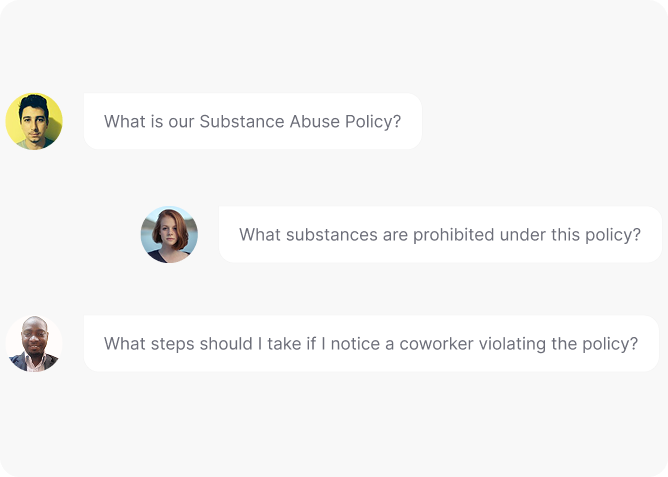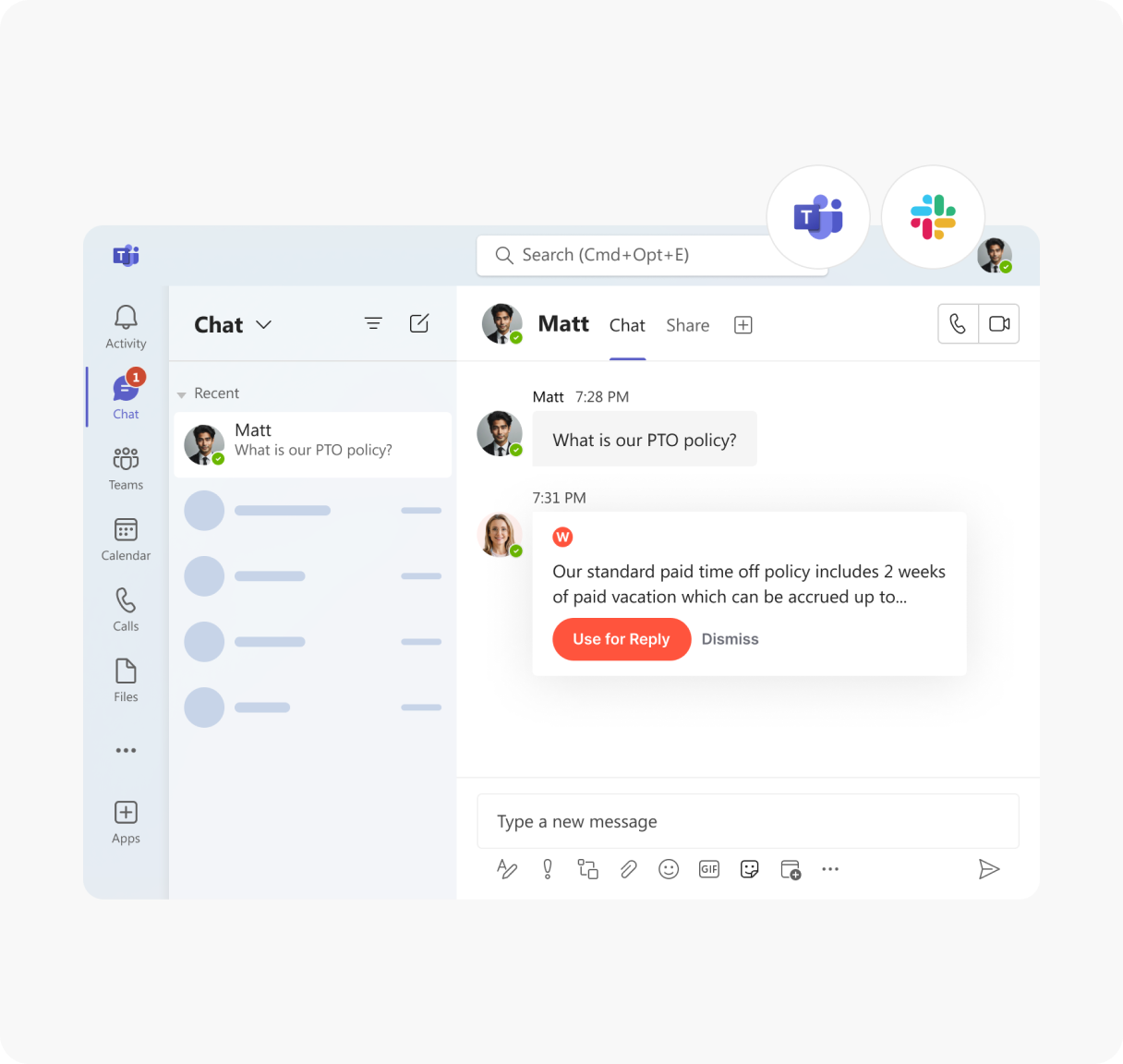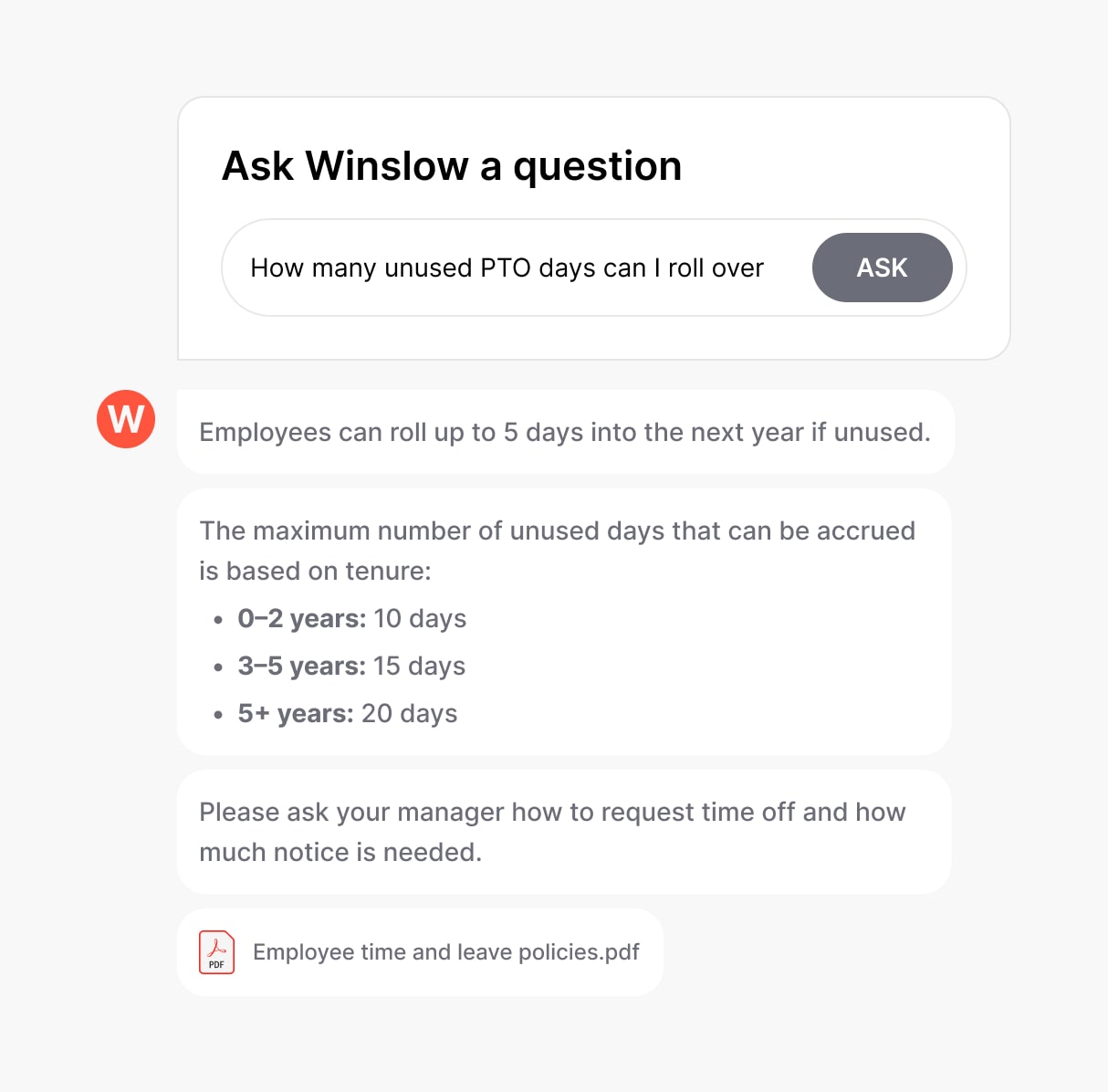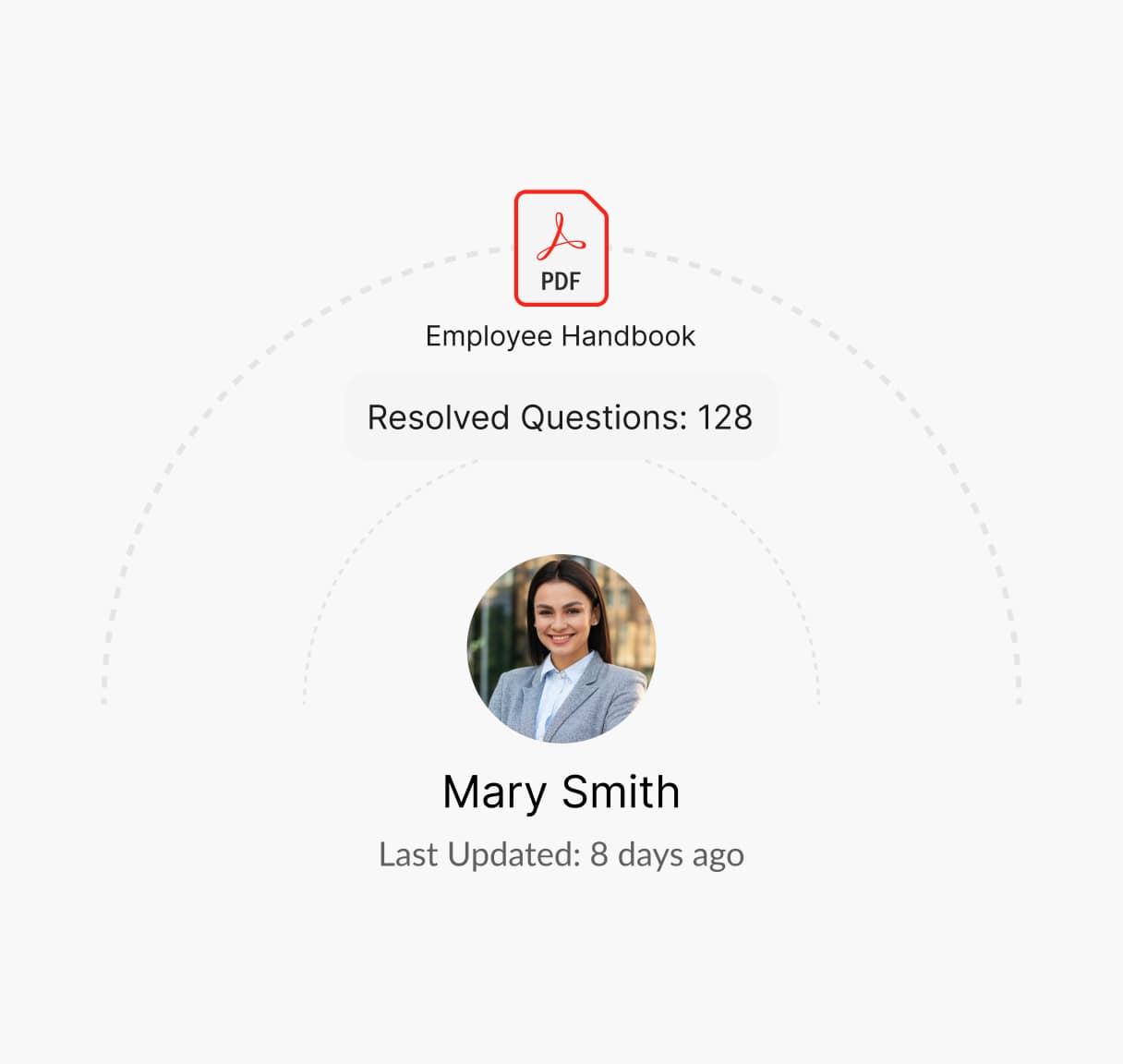Everything You Need to Know About Substance Abuse Policy
A safe and productive workplace requires clear substance use guidelines. A Substance Abuse Policy outlines prohibited behaviors, testing procedures, and support programs, ensuring compliance while promoting employee well-being.

What is a Substance Abuse Policy?
A Substance Abuse Policy is an HR document that defines the organization’s stance on drug and alcohol use in the workplace. It includes testing procedures, disciplinary actions, support programs, and compliance with legal regulations.
A clear substance abuse policy helps maintain workplace safety, prevent impairment-related incidents, and support employees in need of assistance.
Guidelines for Creating a Substance Abuse Policy
A strong substance abuse policy ensures workplace safety and compliance with legal requirements. Here are essential guidelines:
Define Prohibited Substances
Clearly list banned substances, including alcohol, illegal drugs, and misuse of prescription medications.
Set Testing and Screening Procedures
Specify drug and alcohol testing requirements, including pre-employment, random, and post-incident testing.
Outline Disciplinary Actions
Establish consequences for violations, including warnings, rehabilitation opportunities, or termination.
Provide Employee Support Resources
Offer access to counseling, substance abuse programs, and Employee Assistance Programs (EAPs).
Ensure Legal Compliance
Align the policy with state and federal laws, including OSHA and ADA regulations.
Maintain Confidentiality
Protect employees’ privacy in all substance abuse screenings and rehabilitation efforts.
What is Covered in a Substance Abuse Policy?
An effective Substance Abuse Policy should include the following:
Definition of Substance Abuse
Explain what constitutes misuse of drugs, alcohol, and controlled substances.
Drug Testing Protocols
Specify when and how employees may be tested for compliance.
Workplace Prohibitions
Outline clear rules regarding possession, use, or impairment during work hours.
Consequences for Violations
Detail the disciplinary measures for non-compliance, such as suspension or termination.
Rehabilitation and Support Services
Provide access to counseling and recovery programs for affected employees.
Legal Compliance
Ensure the policy aligns with federal and state laws regarding drug-free workplaces.
Manager and Employee Responsibilities
Define roles in policy enforcement, including reporting and intervention procedures.
Need help creating a Substance Abuse Policy?
How Winslow helps HR pros save time on responding to substance abuse policy questions
Managing substance abuse policy inquiries can be time-consuming, but Winslow, your AI-powered HR assistant, simplifies the process:

Instant answers anytime
Winslow makes your Substance Abuse Policy easily accessible via Slack, Teams, or email. Employees can instantly access guidelines on prohibited substances, testing procedures, support resources, and disciplinary actions—ensuring compliance and workplace safety.
Personalized Support
Winslow instantly answers employee questions, including those about your Substance Abuse Policy, ensuring clarity on drug testing, reporting violations, and employee assistance programs.


Analytics and Insights
Winslow tracks policy-related queries, helping HR teams identify trends and common concerns. This data enables organizations to refine their policy, improve reporting channels, and address recurring issues proactively.
Save Time Managing Substance Abuse Policy Queries with Winslow
Answering repeated questions about your substance abuse policy can drain HR’s time. Winslow provides instant, accurate responses, ensuring compliance while reducing HR workload.
Frequently asked questions
Have further questions about Winslow, contact us at sales@usewinslow.com
Are HR teams required to conduct drug testing?
Only where state or federal regulations mandate it, such as DOT-regulated positions.
How should HR teams handle employees who test positive?
By following a documented response plan, including rehabilitation options or disciplinary measures.
Can HR teams enforce a zero-tolerance drug policy?
Yes, provided it complies with federal and state laws, including ADA accommodations.
Should HR teams allow medical marijuana use?
Policies should align with state laws while considering safety-sensitive job restrictions.
How should HR teams address prescription drug misuse?
By requiring employees to disclose impairing medications when job performance is affected.
What employee assistance programs (EAPs) should HR teams offer?
Counseling, rehabilitation referrals, and confidential support resources.
Additional resources
Device Usage Policy
Managing employee leave effectively is vital for maintaining workforce productivity and compliance....
Learn moreconfidentiality policy
Protecting sensitive information is crucial. A clear Confidentiality Policy outlines guidelines for...
Learn moreclaim reimbursement
Ensuring fair compensation for expenses is key. A clear Claim Reimbursement Policy...
Learn more




